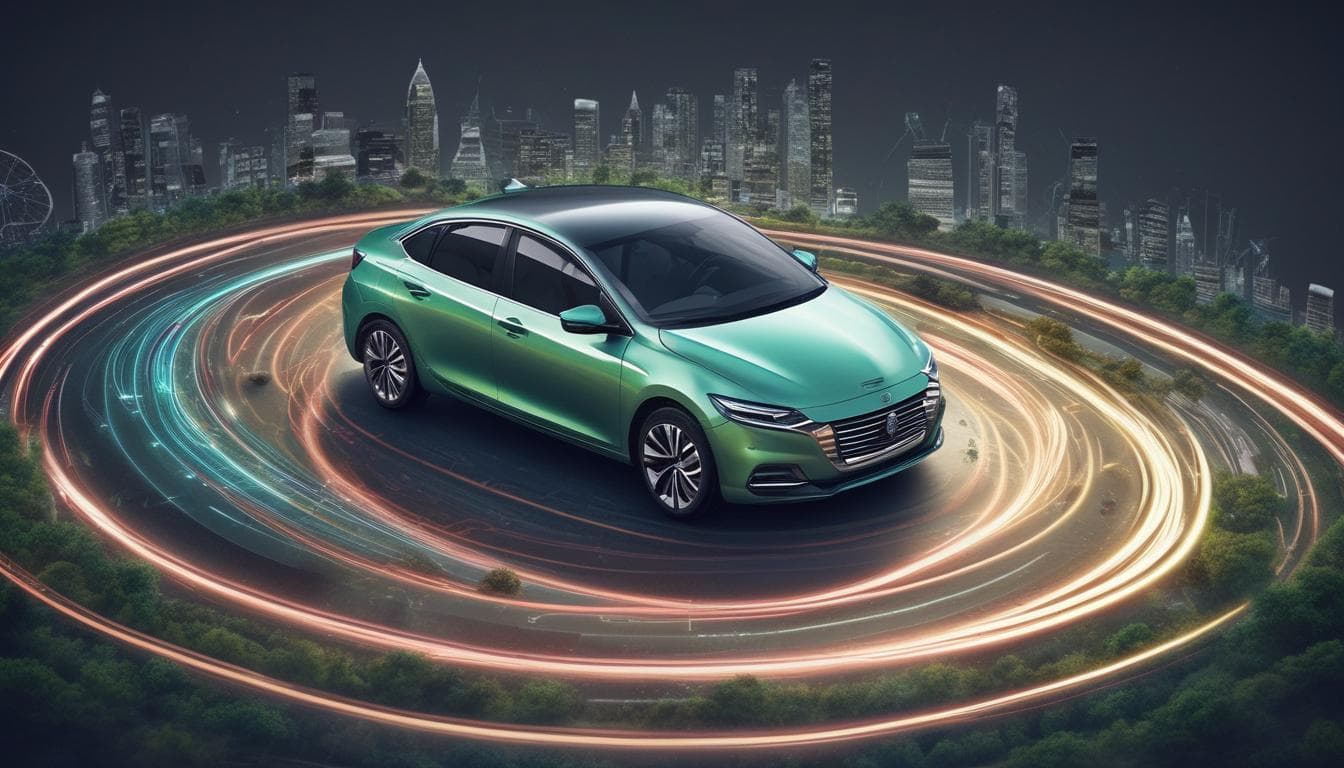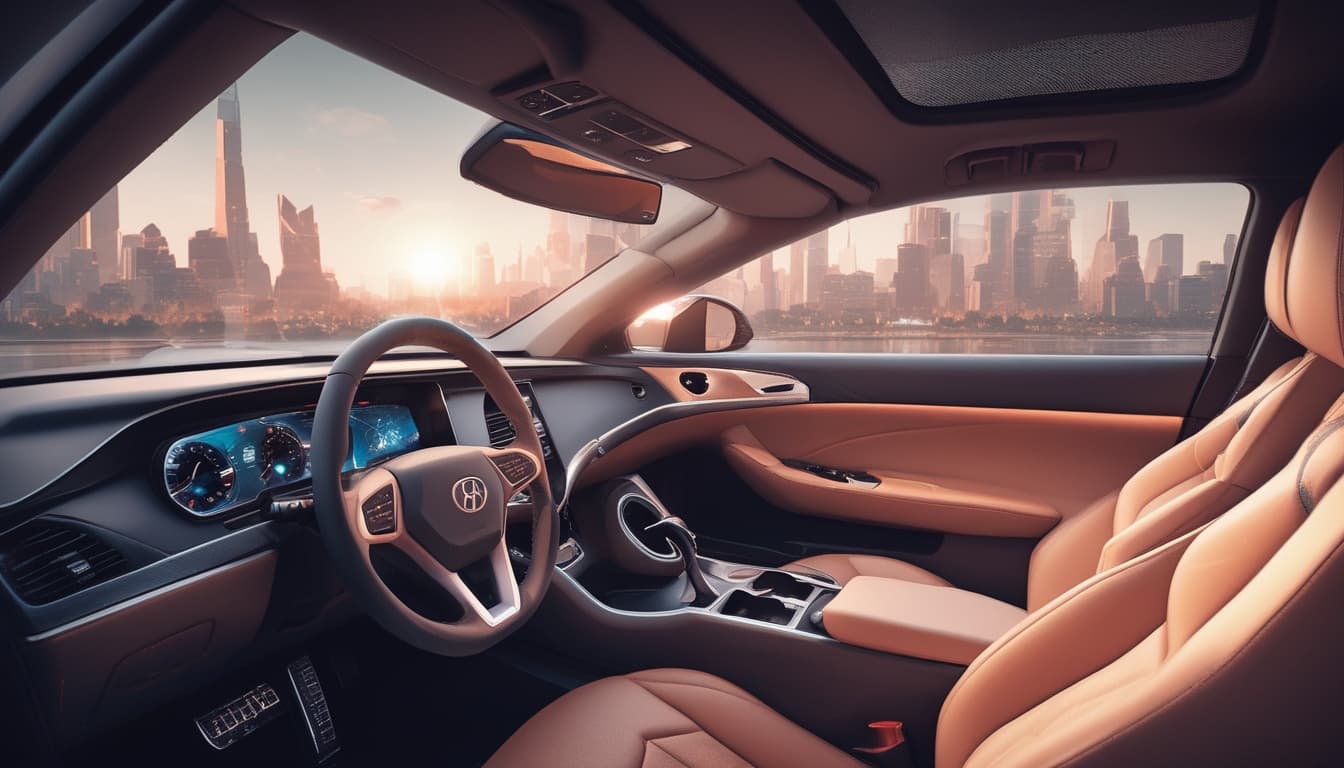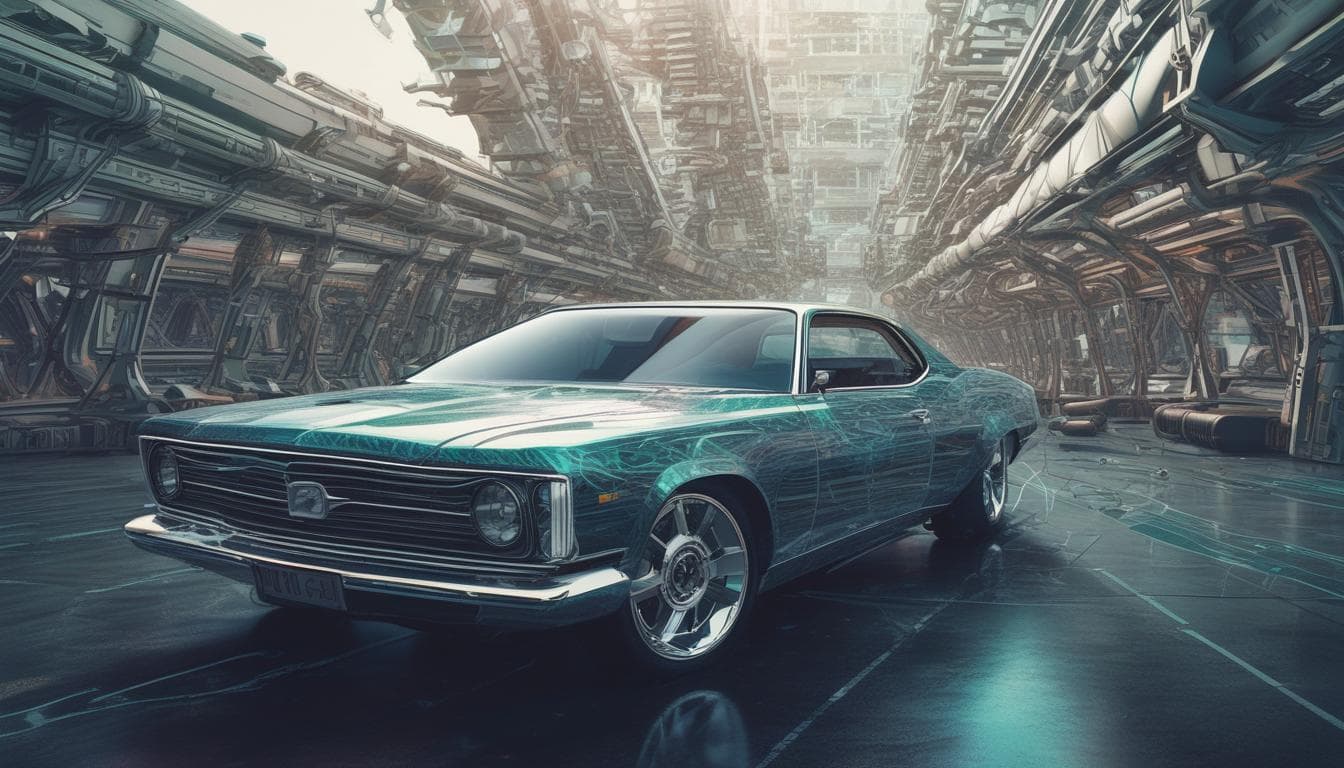Imagine vehicles capable of generating personalized 'smell-scapes'. Beyond air fresheners, how could curated scents enhance driving – replicating a coastal drive's salty air, introducing calming aromas during traffic, or even providing subtle alerts? What are the most intriguing potential applications, the technical hurdles, and the ethical considerations surrounding olfactory technology integrated deeply into our automotive future?
This is a fascinating concept! Moving beyond simple air fresheners to curated 'smell-scapes' opens up a whole new dimension for the in-cabin experience.
Potential Applications:
- Immersion: Imagine your navigation system syncing with scent emitters to replicate the smell of pine forests as you drive through them, or the salty air of a coastal route. Total sensory immersion!
- Wellbeing & Mood: Calming lavender or chamomile during stressful traffic jams, or invigorating citrus scents to combat fatigue on long journeys. This ties directly into the broader trend of crafting truly personalized driving experiences using AI and data.
- Subtle Alerts: Instead of just beeps, perhaps a faint, specific 'electrical' smell could warn of a system fault, or a unique scent could indicate an upcoming hazard identified by advanced driver-assistance systems. This could integrate with advanced in-cabin sensing systems that monitor driver state and vehicle surroundings.
- Memory & Nostalgia: Linking scents to specific locations visited or even personal memories associated with certain smells. Perhaps triggered by user profiles identified via emerging biometric systems in vehicles.
Technical Hurdles:
Creating such a system isn't trivial. We'd need:
- Highly sophisticated, miniaturized scent synthesizers/emitters.
- A way to quickly introduce and, crucially, remove scents without them lingering or mixing unpleasantly.
- A vast digital library of scents and a practical refill/cartridge system.
- Seamless integration with vehicle sensors, navigation, and user profiles.
Ethical Considerations:
- Sensory Overload/Intrusion: Not everyone wants their car smelling like a pine forest or receiving olfactory alerts. Opt-in/out and granular control would be essential.
- Health Concerns: Allergies and sensitivities to artificial fragrances are common. Materials and scents would need rigorous testing.
- Privacy: Who controls the data about your scent preferences or the moods potentially inferred to trigger certain aromas?
- Manipulation: Could scents be used subtly to influence driver mood for commercial purposes or mask unpleasant (but necessary) warning smells?
Overall, while the challenges are significant, the potential to enhance the driving experience through smell is incredibly intriguing. It represents another frontier in making vehicles more responsive and attuned to their occupants. What scent would you want your car to generate first?
このトピックについてさらに詳しく探る
会話に参加する
- 感情認識する車:未来の運転体験を議論
車がドライバーの感情を理解し、運転スタイルや車内環境を調整する技術の潜在的なメリット・デメリット、倫理的な課題について議論します。安全性、快適性、運転の楽しさといった観点から、未来の運転体験への影響を探ります。
- 感情認識で変わる運転体験:メリット、デメリット、そしてプライバシーへの影響
車がドライバーの感情を理解し、運転を調整する未来の運転体験を考察します。安全性、快適性、運転の楽しさの向上といったメリットと、プライバシーやデータセキュリティに関する懸念点など、多角的な視点から議論します。
- 感情を持つ未来の自動車と保険:AIの判断ミス、精神的価値の補償はどうなる?
未来の自動車が感情を持つパートナーへと進化した際、自動車保険はどう変わるべきか?自動運転中の事故責任、AIの感情的判断ミス、ドライバーの感情モニタリング、車の精神的価値の補償など、未来の自動車保険のあり方について議論します。





